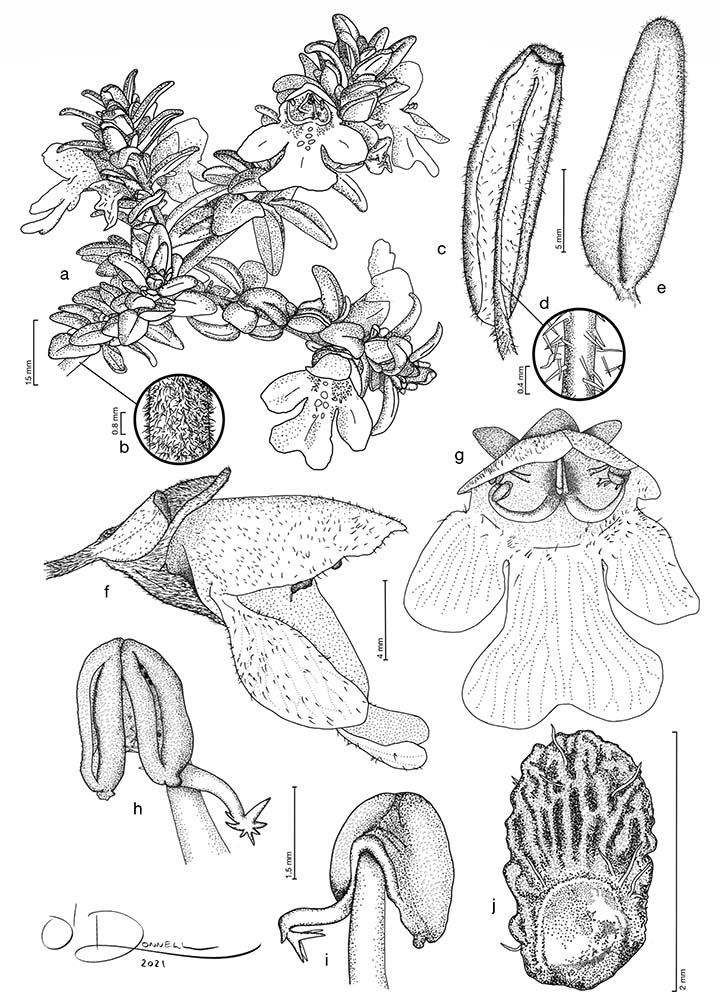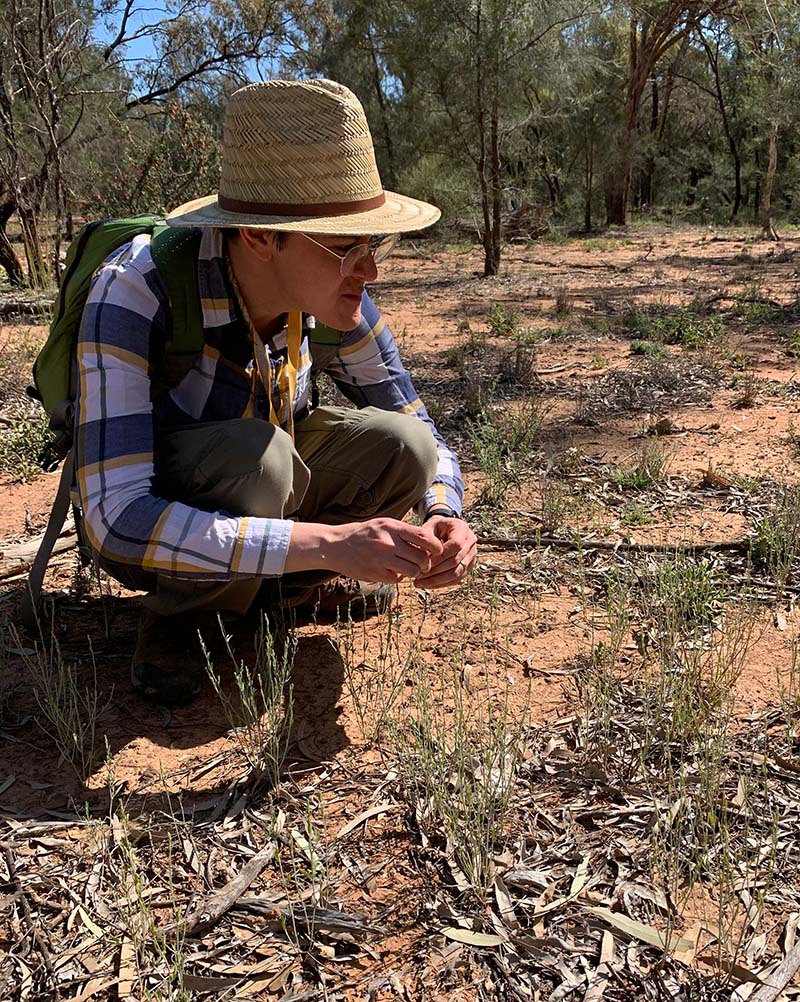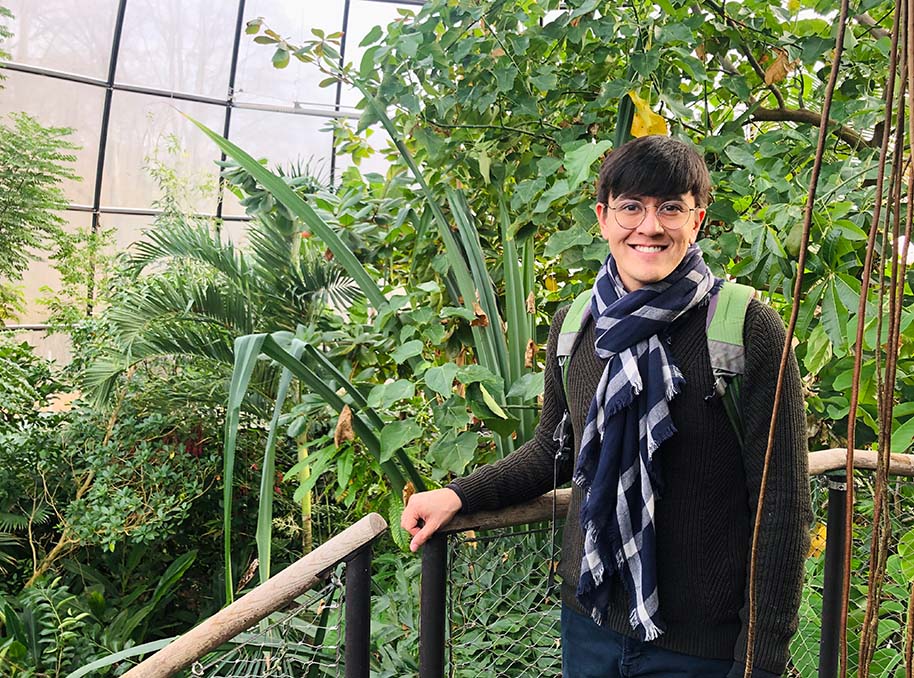It’s often assumed that science and art are two vastly different disciplines, but for opera singer turned botanist, Ryan O’Donnell, that couldn’t be further from the truth.
 “Science and art go hand in hand, and I think that all the best scientists have that creative flair,” said the former Master of Scientific Studies student.
“Science and art go hand in hand, and I think that all the best scientists have that creative flair,” said the former Master of Scientific Studies student.
“I think being creative helps, because you tend think a bit more abstractly about things, and you’re able to see the links between things a little better.”
After spending four years at the Sydney Conservatorium of Music studying voice and subsequently working as an opera singer, Ryan’s passion for botany germinated during a theatre production of Little Shop of Horrors, which centres around a blood-thirsty, carnivorous plant.
“I actually used to grow carnivorous plants as a kid, so while I was doing the production, they captured my attention once again and I bought one off a hobby gardener on Facebook,” said Ryan.
“After that, I got really obsessed with them, and I soon realised that I cared more about plants than I ever did about singing.”
With no scientific background, Ryan took the plunge and enrolled in a Master of Scientific Studies majoring in Biodiversity Science at UNE.
As they progressed, Ryan’s interest in systematics and taxonomy sprouted, which is a branch of biology that identifies and classifies organisms, while exploring their history and relationships.
Where taxonomy provides us with a cast of characters, systematics gives us their dramatic backstory.
Through this, the budding systematist soon realised that pursuing their new love of plants didn’t necessarily spell the end of their passion for theatre, storytelling and creativity.
“Where taxonomy provides us with a cast of characters, systematics gives us their dramatic backstory,” said Ryan.
“At the basest level, systematists are simply life’s librarians, but we are much more than this; we are also life’s biographers, genealogists, and historians. As systematists, we are life’s story tellers.”
Storytelling is something Ryan takes very seriously when it comes to communicating scientific ideas. They believe having a creative flair doesn’t just benefit the science itself, but it’s a crucial part of getting the general public on board with important discoveries.
I think it’s really important for scientists to be able to communicate the importance of what they do creatively and thoughtfully so that everyone can engage with it, not just a small cohort of people who have published journals.
“As we’ve seen through the pandemic, a lot of people aren’t really interested in listening to scientific facts and statistics; people are much more compelled by stories and anecdotal evidence,” they said.
“I think it’s really important for scientists to be able to communicate the importance of what they do creatively and thoughtfully so that everyone can engage with it."
Ryan was named a Vice-Chancellor’s scholar in December 2021, and was also recently awarded a scholarship to study a PhD in plant and fungal systematics at the Australian National University.
While they’re excited to further develop their academic career and move to Canberra for this new chapter, Ryan believes much of their success is owed to the lecturers and mentors they met during their time at UNE.
“We’ve got a really great facility in the NCW Beadle Herbarium with the likes of Professor Jeremy Bruhl, Dr Rose Andrew and Dr Ian Telford working there,” they said.
“They’re so passionate and vibrant about what they do, and I think they really bring systematics to life, which is something that’s so sorely needed in a time when more and more universities are shifting further away from this field of research.”
To delve deeper into Ryan’s work, you can visit their website.


